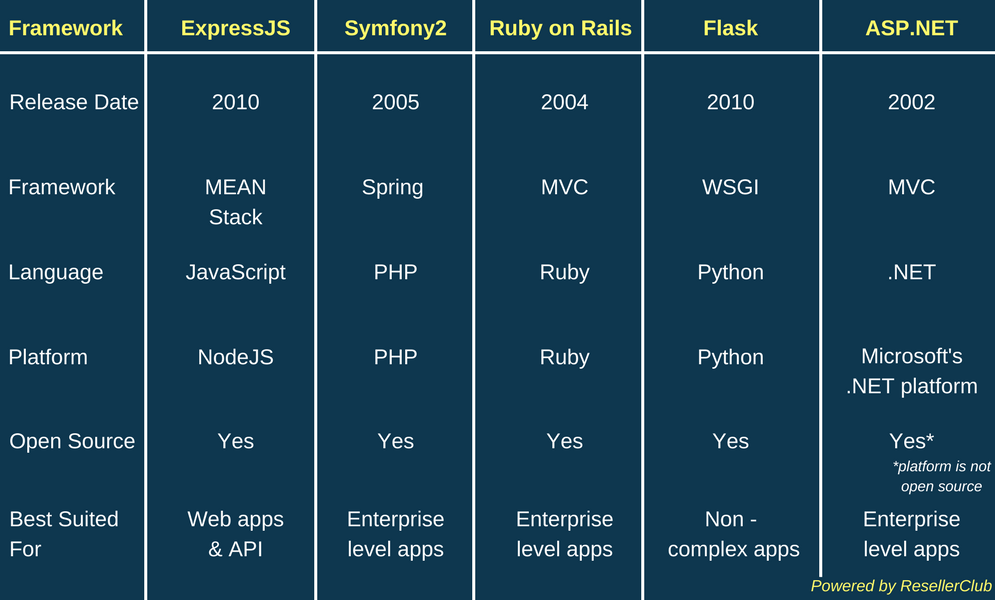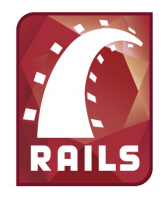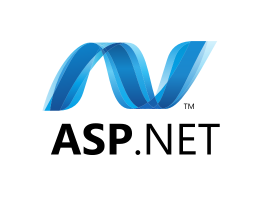A web application framework is a structure that is designed in a manner that it helps in supporting the development of web apps with its vast collection of resources like software libraries, web APIs and web services. Frameworks thus, enable to speed up the process of application development thereby making the developers work easier.
There are several web frameworks available today depending on the language you prefer and the kind of app you want to develop. To help you choose a suitable web framework, we have consolidated a list of the best 5 web development framework.

Let us have a look at these web frameworks in detail.
- Express:

Express, also known as ExpressJS is an agile, minimalist, and flexible framework for Node.JS! It is a part of MEAN stack, is popular and robust providing an array of functions for both web and mobile app development. As a web pro, you can build your server-side application in JavaScript and APIs using Express.js, it allows creating single, multi and hybrid page applications.As a web pro, if you are well versed and use JavaScript to develop the back-end of your web apps, then Express can help simplify the process for you. Also, it can save you the cost of hiring another language developer for either the client/server side. For front-end, you can use AngularJS framework.
Pros of Express:- Express belongs to the Open Source community, therefore, it keeps on improving very frequently. Also, it is easy to learn and understand.
- Since Express allows developers to use JavaScript on both front and back-end, it helps the developer to access both Data Access and Presentation layer resulting in fast app development.
Cons of Express:
- Express being minimalist in nature doesn’t have a scalable infrastructure for medium to large scale projects.
- Another drawback is the amount of code to be written increases as your app grows, this makes the project heavy and difficult to manage.
- Symfony2:

Symfony2 is a PHP web application framework working within MVC pattern offering fast web app development, APIs, microservices and web services. Some of the databases supported by Symfony2 are MySQL, PostgreSQL, SQLite, etc.As a web pro, if you deal with complex projects that require multiple developers at the same time, Symfony2 is the solution as it offers diverse services.Pros of Symfony2:
- Setting up frameworks is fairly simple and flexible in Symfony2.
- It is a collection of several components and can be incorporated in several bigger projects.
Cons of Symfony2:
- Symfony2 is a heavy framework and can affect the performance.
- It is fairly complex for a beginner despite the documentation.
- Ruby on Rails:
Ruby on Rails is an extremely popular server-side web app framework written in Ruby programming language. It offers components like ORM (Object Relational Mapping), application management and routing. It follows the MVC pattern and helps in creating database-driven web apps.From the perspective of a web developer, Ruby on Rails being open-source and running on Linux, it is both cost saving and developer friendly. Also, it saves you quite a lot of time as the codes are reusable, i.e you can use the elements of a current project and incorporate in your future projects.

Pros of Ruby on Rails:- Ruby on Rails has extensive 3rd party open source libraries as well as the quality of code is significantly higher, allowing rapid application development.
- Since it is built on MVC pattern it encourages modularity and extensibility of your web apps.
Cons of Ruby on Rails:
- Despite the fact that it is faster, it lacks flexibility and has a slower run-time performance rate.
- With the extensive 3rd party libraries, Ruby on Rails is a heavy framework and can take more time to boot and can thus, affect your performance as a developer.
- Flask:
Flask is an open source web development framework for Python. It is minimalist in nature, has REST and WSGI support and helps in the fast development of small and medium-sized projects. If you are a newbie in Python development and want to start learning then Flask is the right framework for you as it gives you more control and learning opportunities.
If you are a newbie in Python development and want to start learning then Flask is the right framework for you as it gives you more control and learning opportunities.
Pros of Flask:- As Flask follows the minimalist approach the components aren’t heavier, this increases the speed of web app development considerably despite running hundred of queries per second.
- It doesn’t have an additional database layer and helps in the easy integration of databases like MongoDB, SQLAlchemy and so on.
Cons of Flask:
- When it comes to support, Flask lacks in documentation and support as well as isn’t much suitable for complex web app development.
- Also since it doesn’t have ORM fewer databases and forms are supported.
- ASP.NET:
ASP.NET or .NET, is a lightweight web framework developed by Microsoft helps web developers in building sturdy applications for desktops as well as mobiles. It provides high performance, power and speed. ASP.NET supports different scripting languages like J#, C# and Visual Basics.As a web pro, it gives you total freedom on the choice of language so you don’t have to be worried about knowing one particular language.

Pros of ASP.NET:- ASP.NET supports object-oriented features, is flexible with its language support, being developed by Microsoft developers have the advantage of switching languages mid-project such as Visual Basic.NET or C# Visual.
- It has inbuilt debugging functions and an auto-completion feature, IntelliSense, that helps developers by completing methods and variables.
Cons of ASP.NET:
- As ASP.NET is built by Microsoft it runs solely on Windows servers as most applications run on IIS.
- The resource upkeep is difficult as ASP.NET is a paid service and expensive.
Conclusion:
Although every web development framework has its own set of pros and cons, and each is built for a different programming language and has different speed, performance and reliability. At the end choosing the framework ultimately comes down to what you as a web developer are looking for.
If you have any comments on this posts or you prefer either of these frameworks, please let us know in the comments below.
There is no ads to display, Please add some



